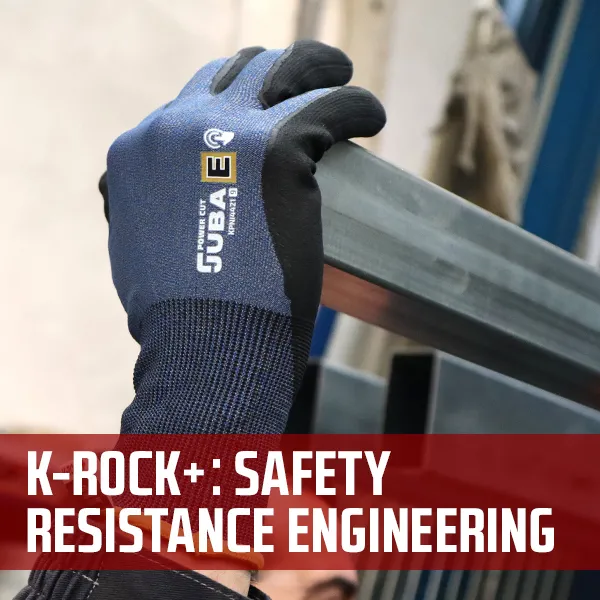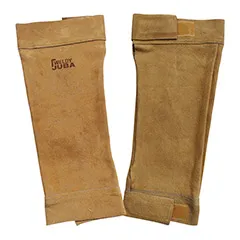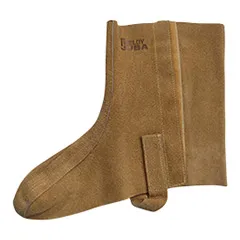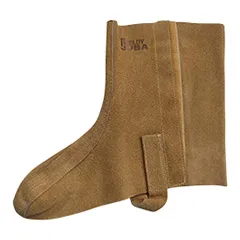K-Rock +
Car repair shops
The automotive industry has been developing continuously in recent decades. It devotes significant resources to engine development and all types of component R&D. The industry seeks minimum fuel spends to reduce the environmental impact as much as possible while providing buyers with high returns and maximum safety and comfort.
At the same time, there has been a marked uptick in the number of car repair shops to meet the growing supply of models and demand for services. Several multi-service repair shops or ones specialising in mechanical work, electrics, tyres, bodywork or glass have emerged.
The work performed in each of these areas has specific on-the-job risks, as the use of hands in handling parts and tools forms the basis of this work.
With this catalogue, Juba wants to provide you with a simple tool to select the products you need to protect your team’s hands based on the different risks associated with the operations usually performed at your repair shop.
Over 75 models for al typrs of repair shops: general mechanical, bodywork, tyres and glass. Gloves and other accesories.
General mechanical repair shops
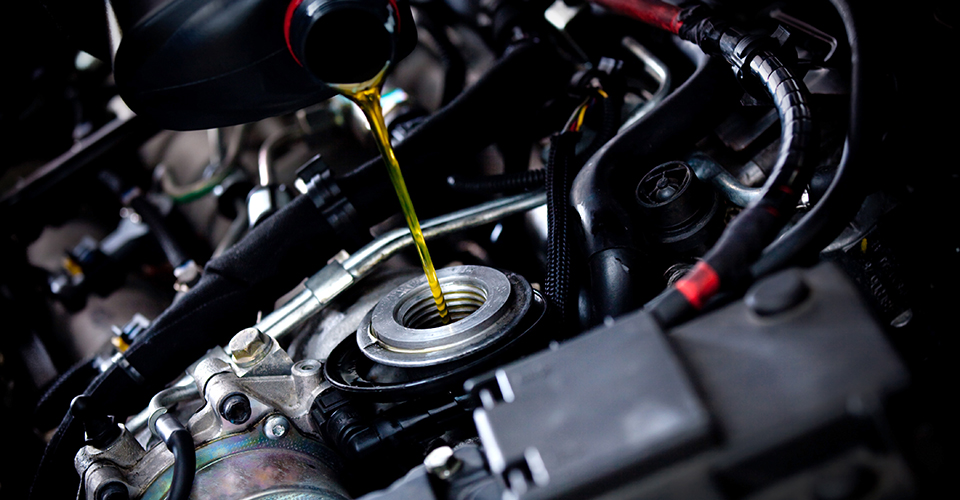
Diagnosis, maintenance and repair work
This type of multipurpose work requires similarly multipurpose products. Gloves with the highest levels of touch (even compatible with the use of touchscreens) are required in the general mechanical repair shop, combined with medium levels of mechanical and impact protection on the back of the hand and which also ensure tightness.

Gloves by phases
Diagnosis
This is the process in which vehicle inspection and analysis is performed. Gloves must be used in this process, usually for work in a dry environment requiring maximum touch.
At Juba we have selected six gloves, four of them compatible with touch devices.
Maintenance
A series of scheduled periodic checks must be performed during vehicle life to ensure good operation and safety.
The variety of jobs requires multipurpose gloves that can cover most operations: handling parts and work with tools that can involve tasks in dry or oily environments, with low temperatures, that require touch or that protect against certain risks (impacts on the back of the hand or contact heat).
Not all gloves cover all requirements, but many cover several of them. Here is our selection, which lets you know how many models of each glove you should stock based on the nature of your work and the number of people on your team.
Manipulation of parts and work with tools
Chemicals
Sometimes it is necessary to protect hands from corrosive or toxic chemicals like refrigerants, hydraulic oils, brake fluid…
We propose 6 models depending on whether you handle acid, oil or hydrocarbon products. Again, remember, a single glove does not cover all needs.
Nonetheless, given the diverse nature of these jobs, we have differentiated them into sections, since there are shops specialising in automotive electrics and electronics, bodywork, tyres, glasswork, etc.
Automotive electrics and electronics repair shops
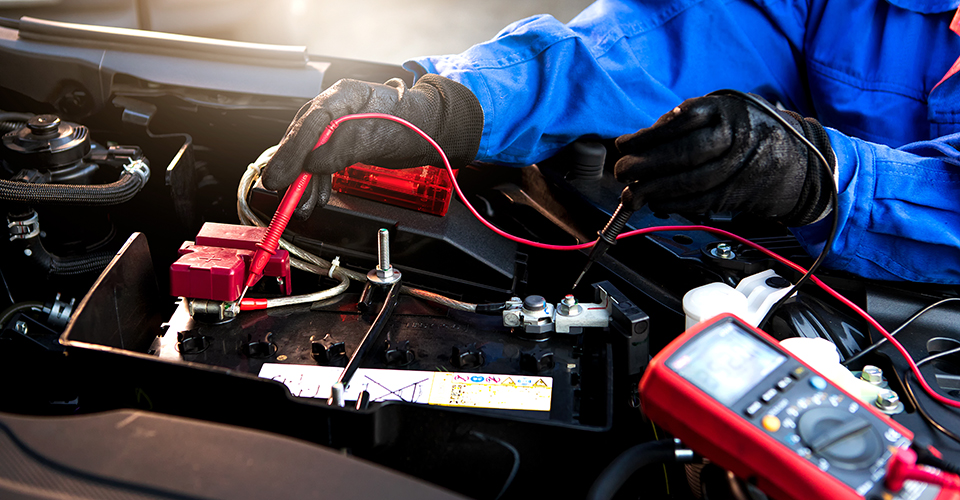
In some very specific works with electronic control units it is not only a question of protecting the hands but protecting the product from possible accidental discharges of static energy that can damage these components. Here are some anti-static gloves that also enable work with touch devices.

Gloves by phases
Electricity
New technologies mean new protection needs. New safety protocols must be implemented across the increasingly extensive electric vehicle market, and the use of insulating gloves is mandatory. We present two insulating models.
Body repair shops
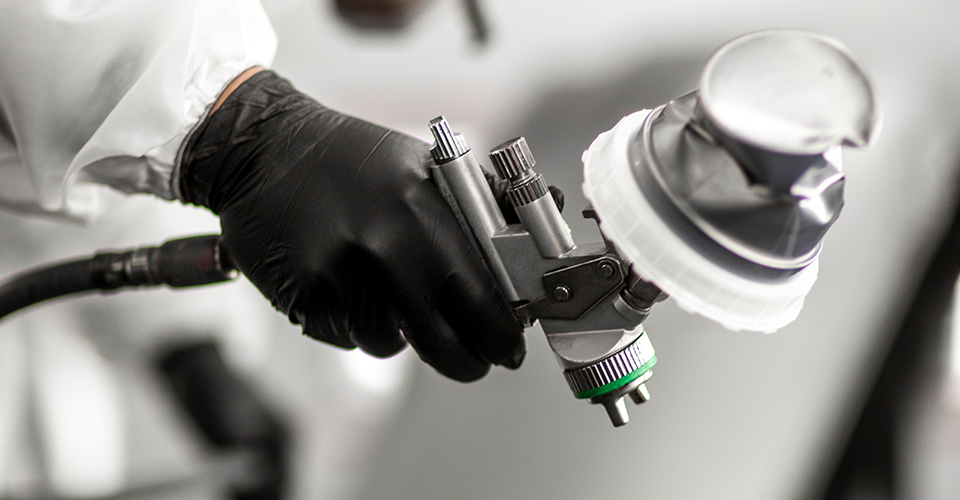
Work in these types of shops or in the bodywork section of a multi-service repair shop involves handling tasks that entail all types of mechanical hazards, abrasion, cutting with sharp edges, punching and pricks or blows to the hands…. Certain assembly operations require a lot of touch and high mechanical capabilities. We present a dozen gloves. They all protect against cuts, but you can select the most appropriate one based on the touch you need and the most sensitive areas of the body to protect (back of the hands, arms…)

Gloves by phases
Mechanical works
Welding works
In the body section, welding work and applications with heat or flame are sometimes necessary.
We propose half a dozen gloves, depending on the welding technique you use, and a number of essential accessories to perform these tasks safely, protecting certain areas of the body with sleeves, cuffs, leggings or jackets.
Paintwork
Body work culminates with the end finish of the part in the painting section. This is a manual process and involves working with chemicals including paints and solvents. The choice of glove should be based on the chemical used. We have selected half a dozen, most of which are used for both paint and solvent handling. But to choose the ones you need, you should consult the chemical resistance chart or, better yet, ask the Juba technical team to advise you.
Tyre repair shops
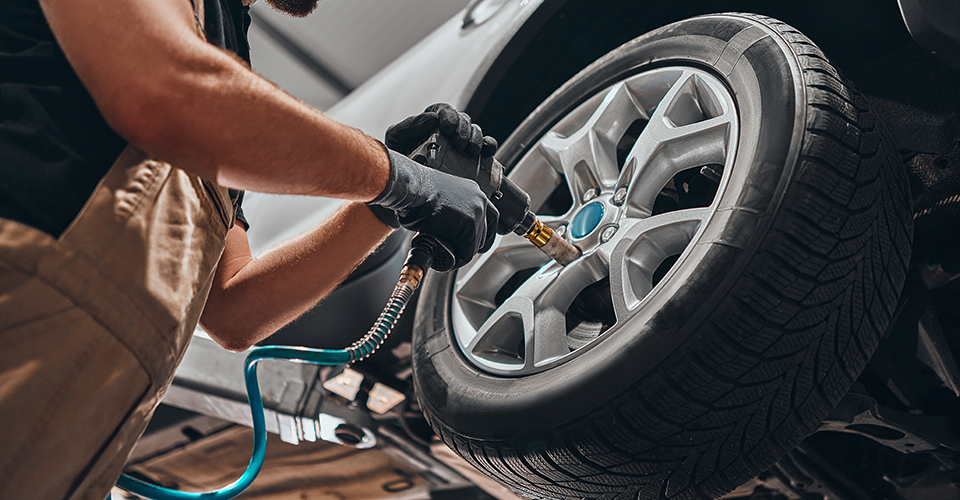
Tyre replacement is a regular maintenance operation. Work is always done with the hands and manual and pneumatic tools are used. This type of operation can damage workers’ hands: we may come across blows and impacts, cuts and abrasions or the transmission of vibrations through tool use.
At Juba we have selected 14 models. To choose the best ones, consult the following chart and make your choice according to the risks you need to prevent (mechanical, chemical, thermal, etc.) and the use you will make of the gloves. We also indicate the standards each model meets.

Gloves by phases
Vibration
Vibration
Glass repair shops
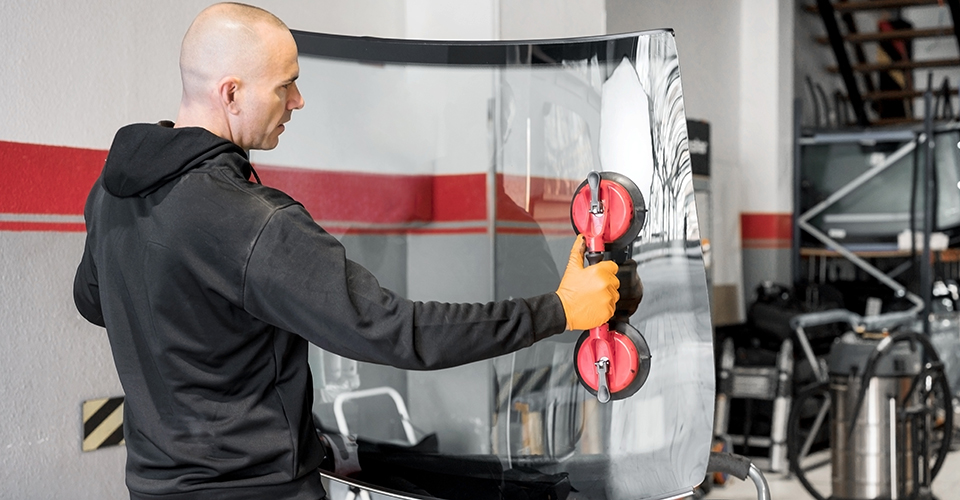
The repair or replacement of car windows is a task reserved for specialist industry shops.
The fragility of glass at the time of handling and the high risk of cuts and pricks if the glass breaks require the use of upper limb protection.
We have selected three gloves with the high protection and good touch required to replace windscreens and other glass in vehicles, plus a further model for sealing operations requiring chemical protection against the products used with a disposable glove.

Gloves by phases
